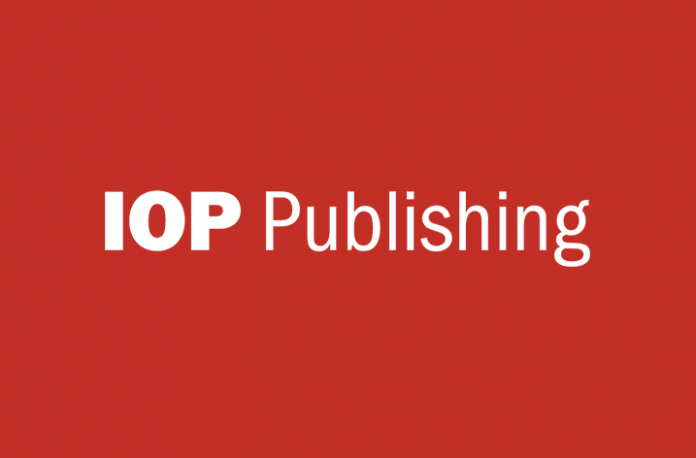
Global offering is the only peer review certification programme tailored for the physical sciences
Co-delivered by top-level physicists, it offers a blend of online learning and hands-on peer review experience
Achieving ‘IOP trusted reviewer’ status demonstrates an exceptionally high level of peer review competency
IOP Publishing (IOPP) is revolutionising peer review learning with the launch of the world’s first peer review certification programme dedicated to the physical sciences. ‘Peer review excellence: IOP training and certification’ will give early career researchers the ability to review with confidence, increasing trust and standardising the quality of the process.
Peer review is a critical component of scholarly publishing. When completed by dedicated and competent reviewers it helps to safeguard the quality, validity, authority and rigour of academic work.
Peer review excellence: IOP training and certification, which launches this week to coincide with Peer Review Week, is completely free and offers a blend of digital learning with the opportunity to review a manuscript in real time, under the tutelage of experienced editors and reviewers of IOPP journals.
Live online workshops will be co-chaired by the programme’s ambassadors — top-level physicists from around the world. ‘IOP trusted reviewer status’ will be achieved following the submission of a top-quality review report, as graded by our experienced editors. IOP trusted reviewers will have demonstrated a high level of peer review competence and the ability to constructively critique scientific literature to an exceptional standard.
Antonia Seymour, Publishing Director said: “The success of peer review depends on careful and critical examination. Early career researchers are valuable members of the process but, as less experienced reviewers, it can be daunting for them. Our programme, tailored specifically for the physical sciences, will help them to develop their confidence and their ability to give constructive feedback.
“It is fitting that this year’s Peer Review Week is all about trust, as that is exactly what we have set out to achieve – greater trust in the system as a result of higher standards. Our goal is to create a future generation of outstanding peer reviewers, which will ultimately improve the quality of scientific outputs.”



























